News
We'd love to hear your news and ideas and to help share your accomplishments!
Submit news, updates, story ideas to cegenews@umn.edu.
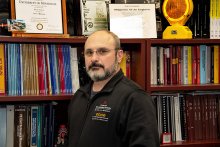
A transportation engineer travels to the medical school
Posted
If you want to get the attention of an engineer, all you need to say is, “I think this could work better…” John Hourdos, a transportation engineer by training, embraces that engineering mindset.
When confronted by something that is not working, he says, “Let’s fix it!”

Yang Seeks Fine-grained Understanding of Sediment Transport
Posted
Judy Yang, Assistant Professor in CEGE, received an NSF Grant in excess of $300,000 for her project “Collaborative Research: Grain to Channel Scale Experimental and Numerical Investigation of Cohesive Sediment Transport.”

NSF supports a new graduate program focused on resource and water circularity
Posted
Can you imagine a world in which resources are conserved and reused, wastes are upcycled, and the cycling of resources is continuous and sustainable?

Researchers track insecticides in water
Posted
The most widely used class of insecticides worldwide is neonicotinoids. Unfortunately, neonicotinoids act non-selectively against most insects and may adversely affect non-targeted organisms that consume plants or contact surfaces treated with these compounds. Researchers Matthew Berens, Paul Capel, and Bill Arnold from the Department of Civil, Environmental, and Geo- Engineering are seeking more information about neonicotinoid insecticides in surface water, groundwater, and wastewater. Their work has been recognized by the journal Environmental Toxicology and Chemistry (ET&C).
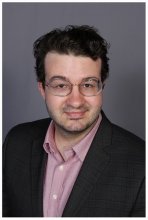
What happens to pesticides in compost?
Posted
Grant Goedjen, a Ph.D. student at UMN, is trying to discover what happens to pesticides in compost. The Compost Research & Education Foundation (CREF) awarded him one of the two 2022 Compost Research Scholarships. Goedjen is a doctoral candidate in the Department of Civil, Environmental, and Geo- Engineering in the College of Science and Engineering. He is co-advised by William Arnold and Paul Capel.
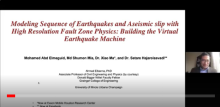
Building the Earthquake Virtual Machine
Posted
Ahmed Elbanna, UIUC, delivered the Warren Lecture on March 25, 2020. View his recorded presentation.
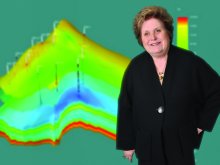
Dynamic adaptivity for coupled flow and geomechanics
Posted
Warren Lecture: "Dynamic adaptivity for coupled flow and geomechanics in unconventional reservoirs using a posteriori error estimation and spacetime modeling" with Mary F. Wheeler, Aerospace Engineering and Engineering Mechanics, University of Texas at Austin

Judy Yang and Shih-Hsun Huang Talk Water
Posted
Assistant Professor Judy Yang and Ph.D. candidate Shih-Hsun Huang to discuss how they are using innovative methods to study how vegetation enhances the exchange of water, solutes, and particles between surface water and sediment/groundwater. This research may help ecologists design more effective stream restoration projects to ensure safe drinking water and fishery products.
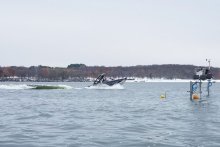
UMN researchers study waves created by recreational boats
Posted
Findings suggest that wakesurf boats should be operated at greater distances from shoreline compared to typical recreational boats
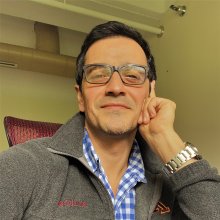
Improving prediction of severe weather
Posted
Ardeshir Ebtehaj researches cells of intense rainfall (mesoscale convective systems, or MCS) that are responsible for most severe weather and extreme flood events. Fast evolving classes of storms are often extremely challenging to predict. Ebtehaj received $450K through NASA to develop a new model that will improve prediction of extreme weather.